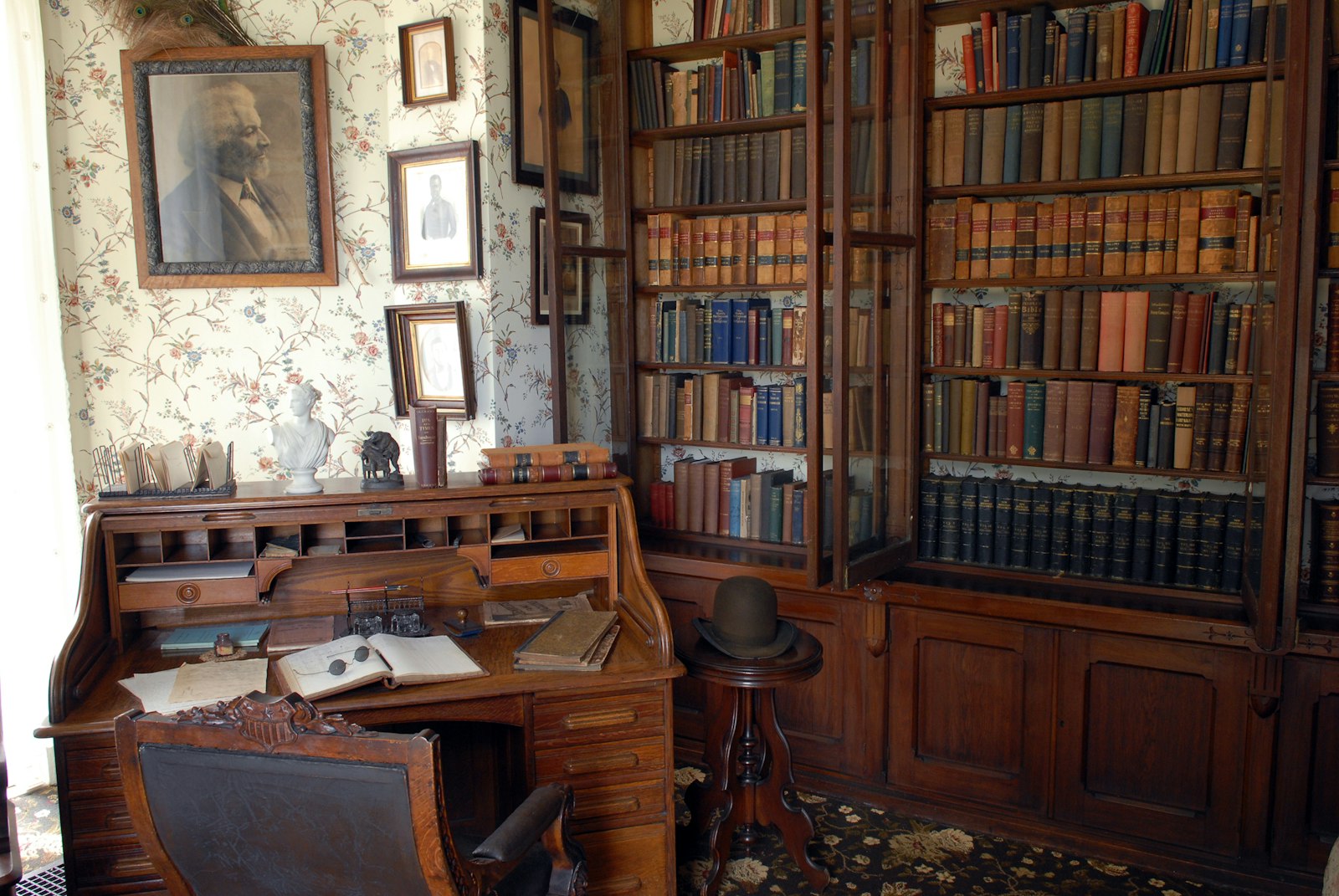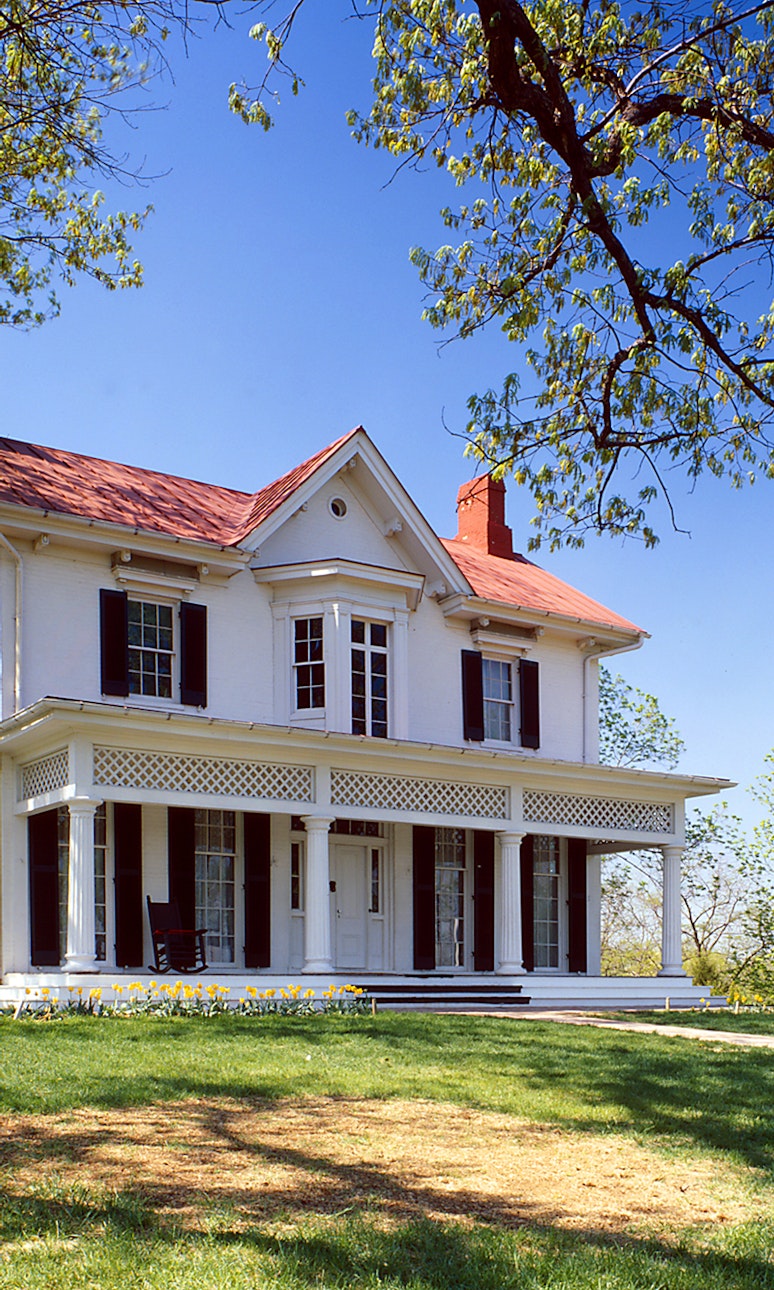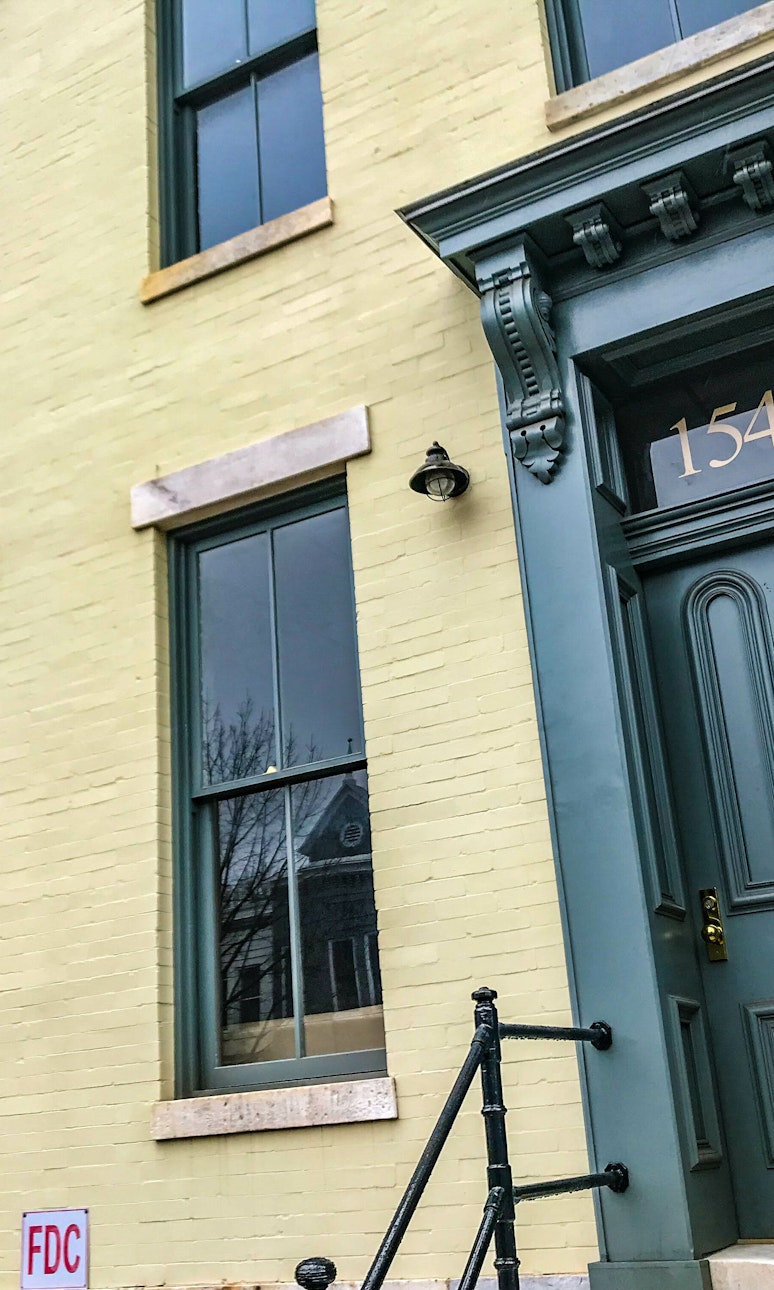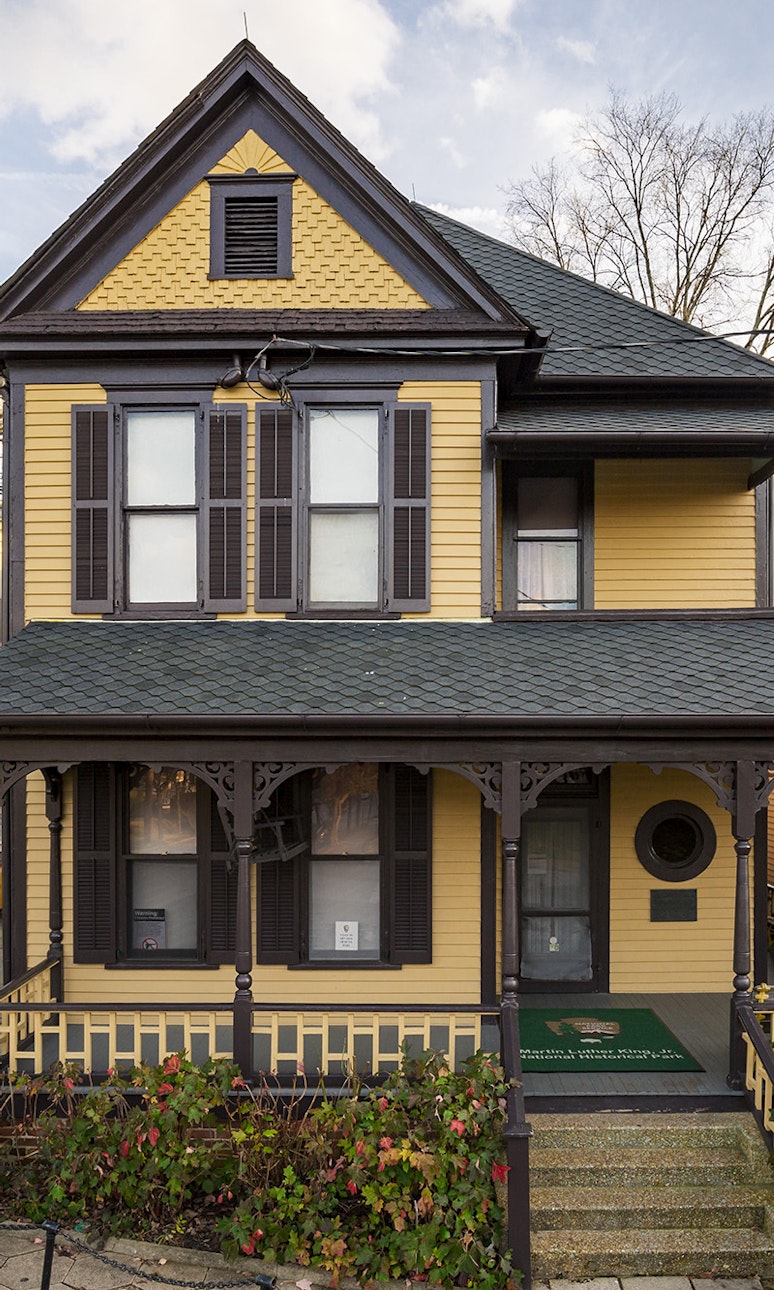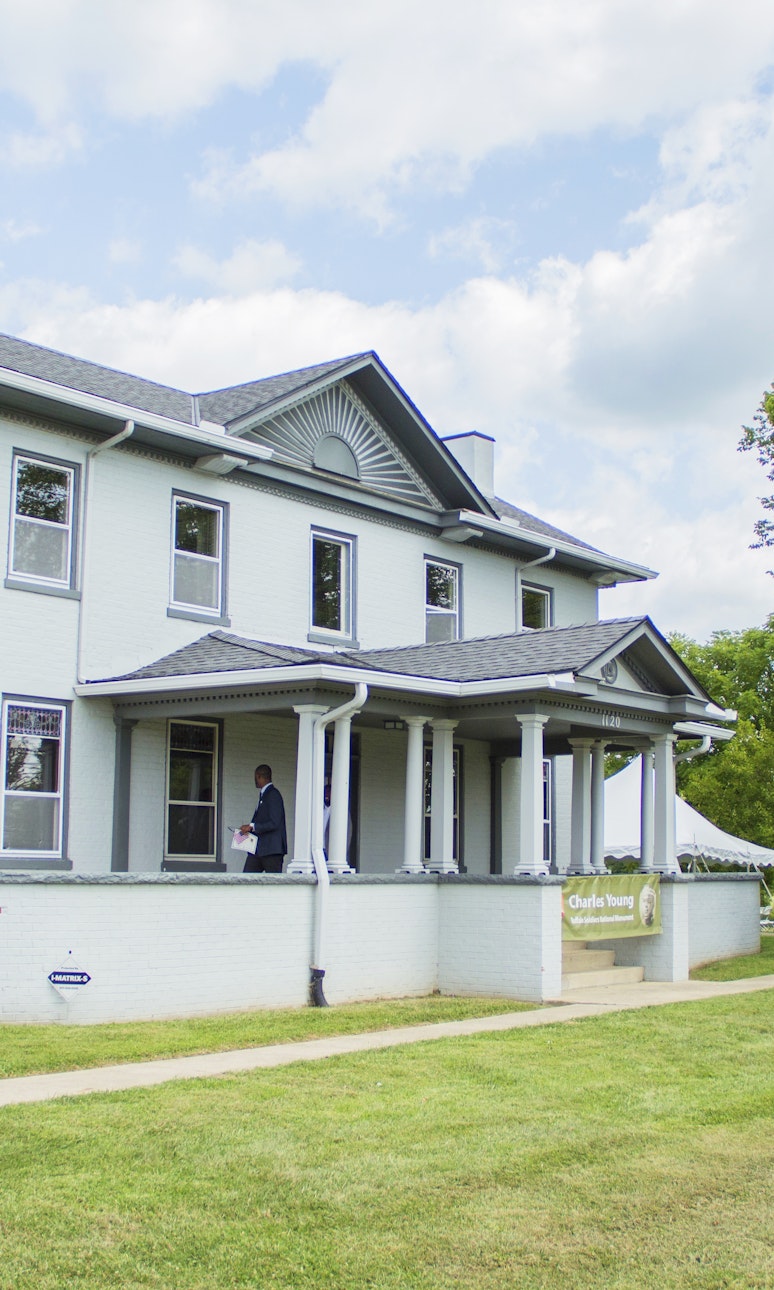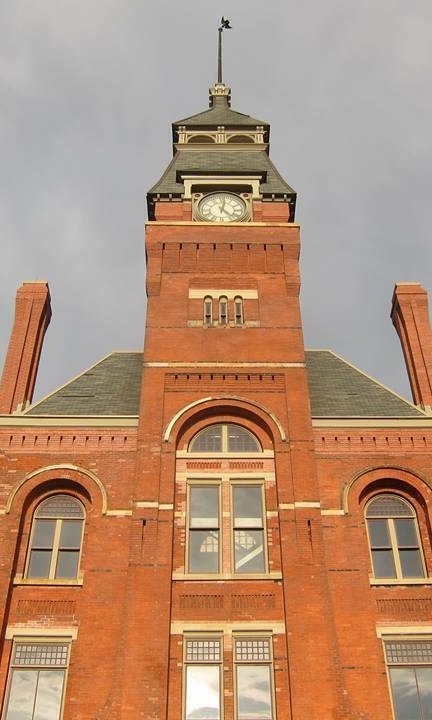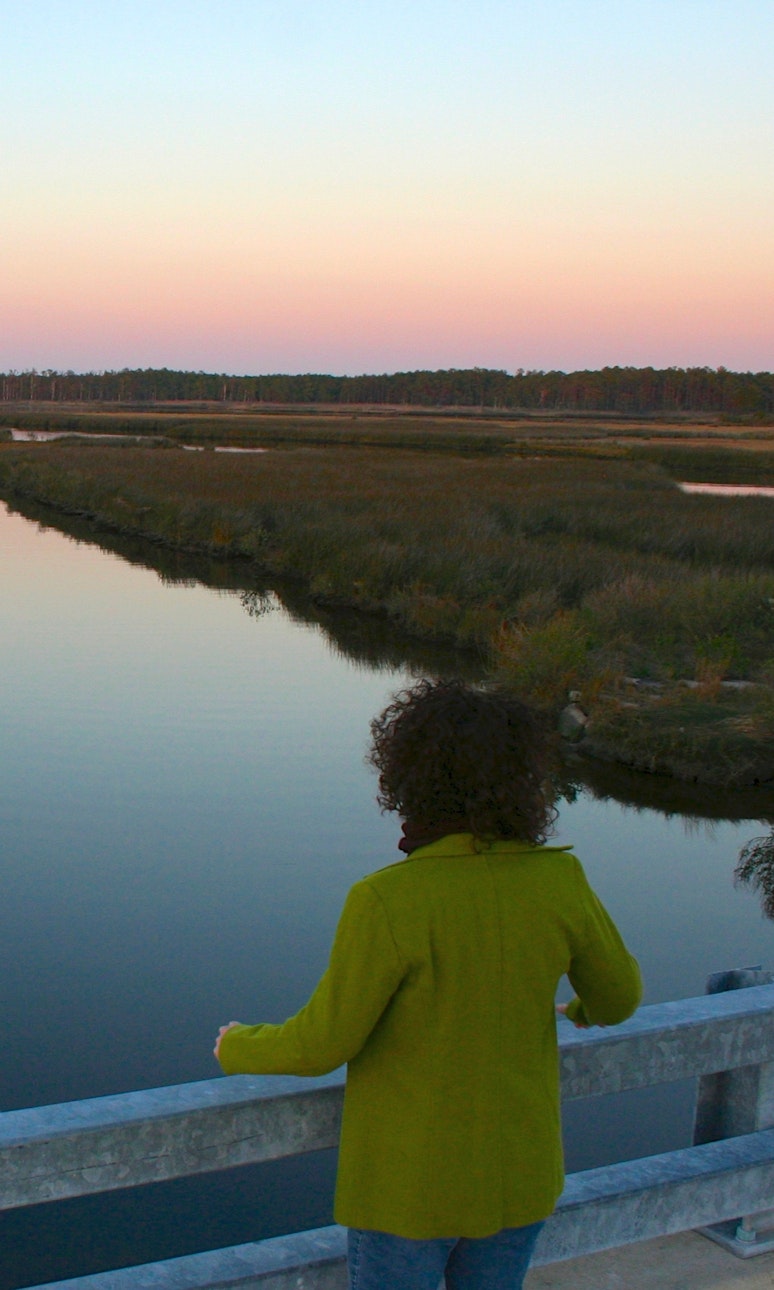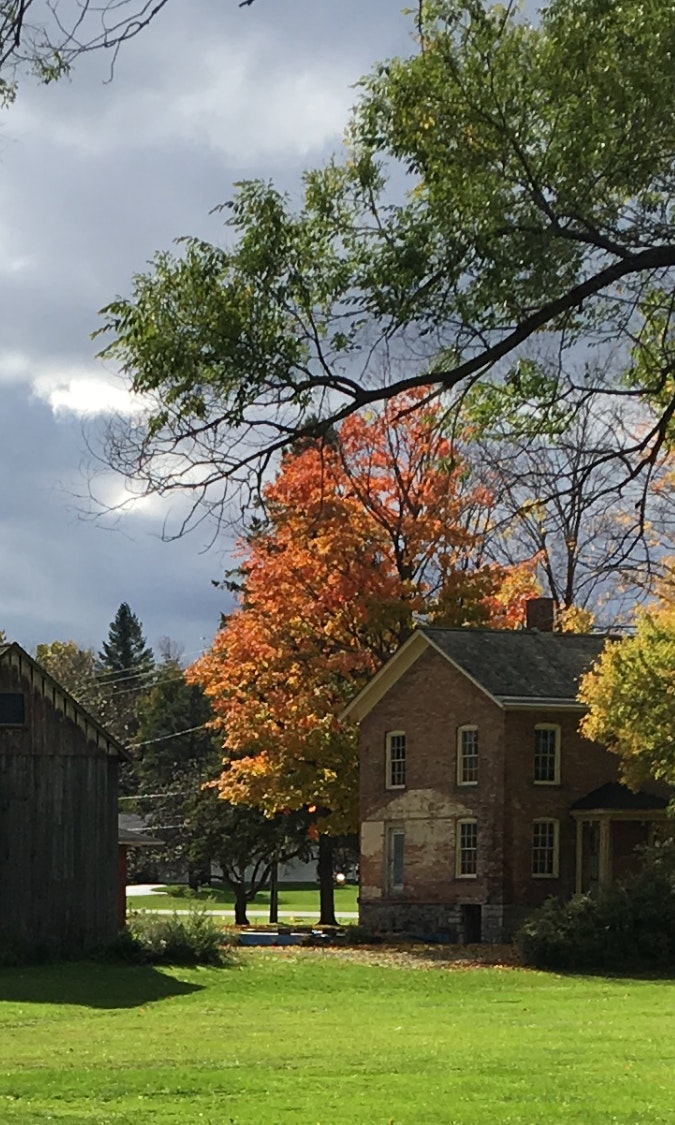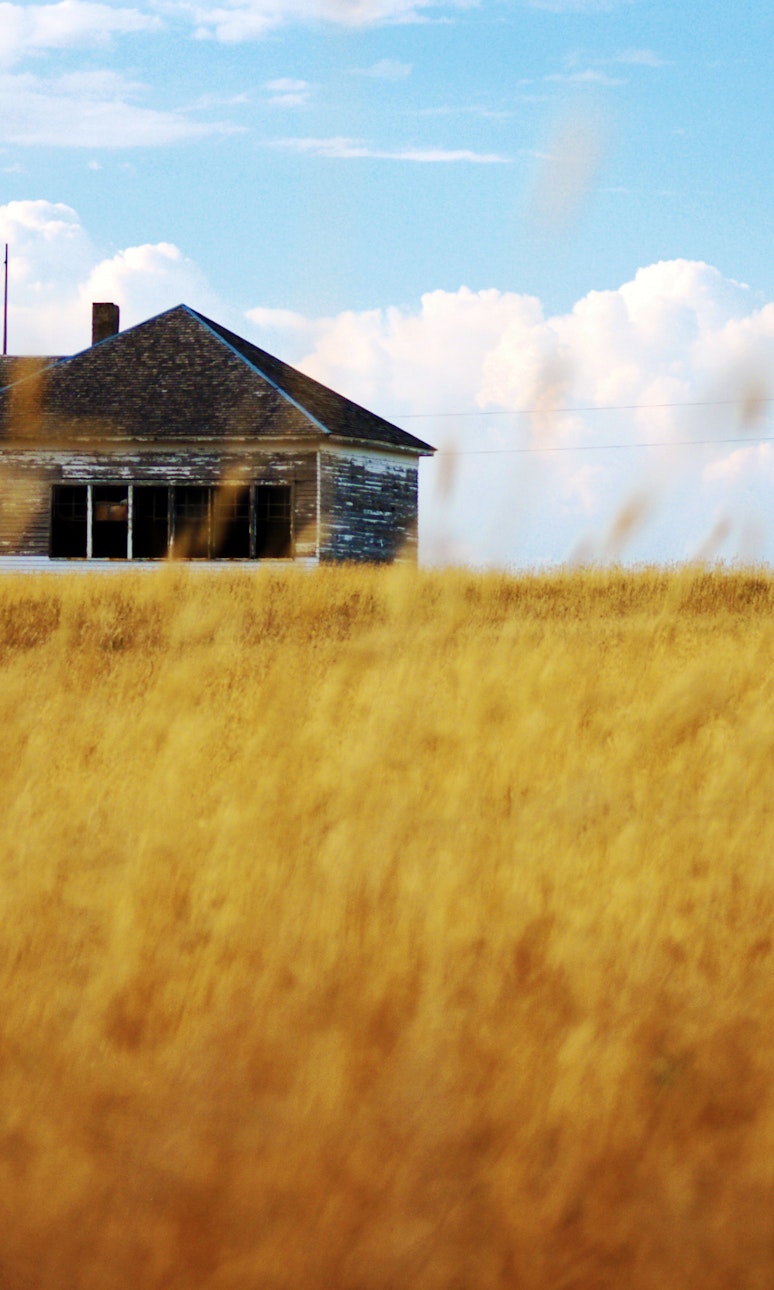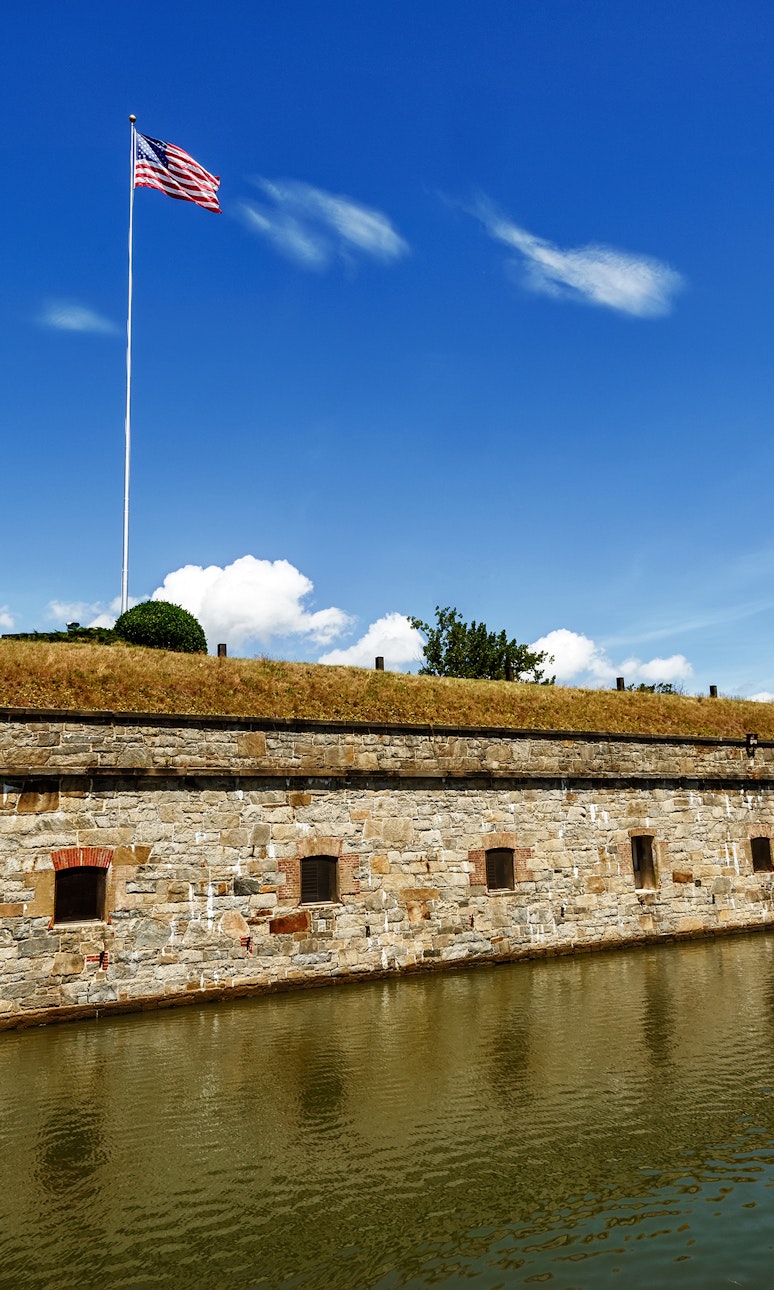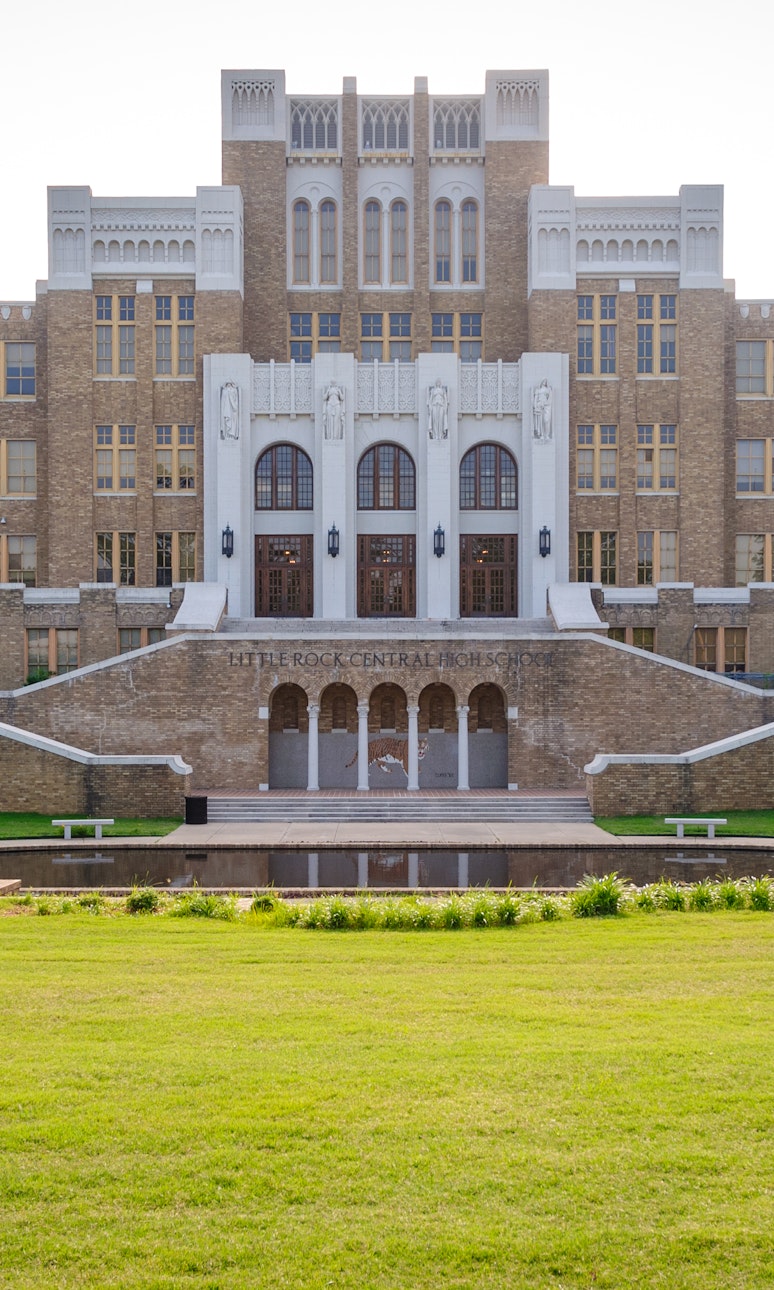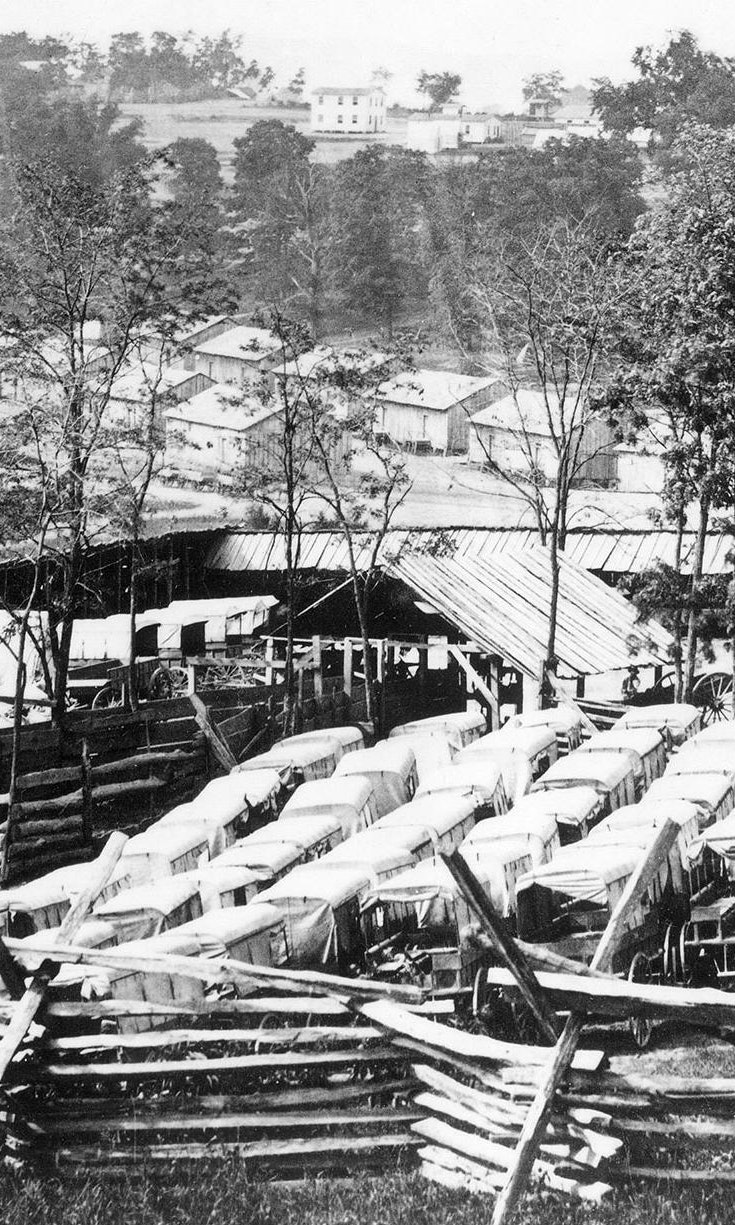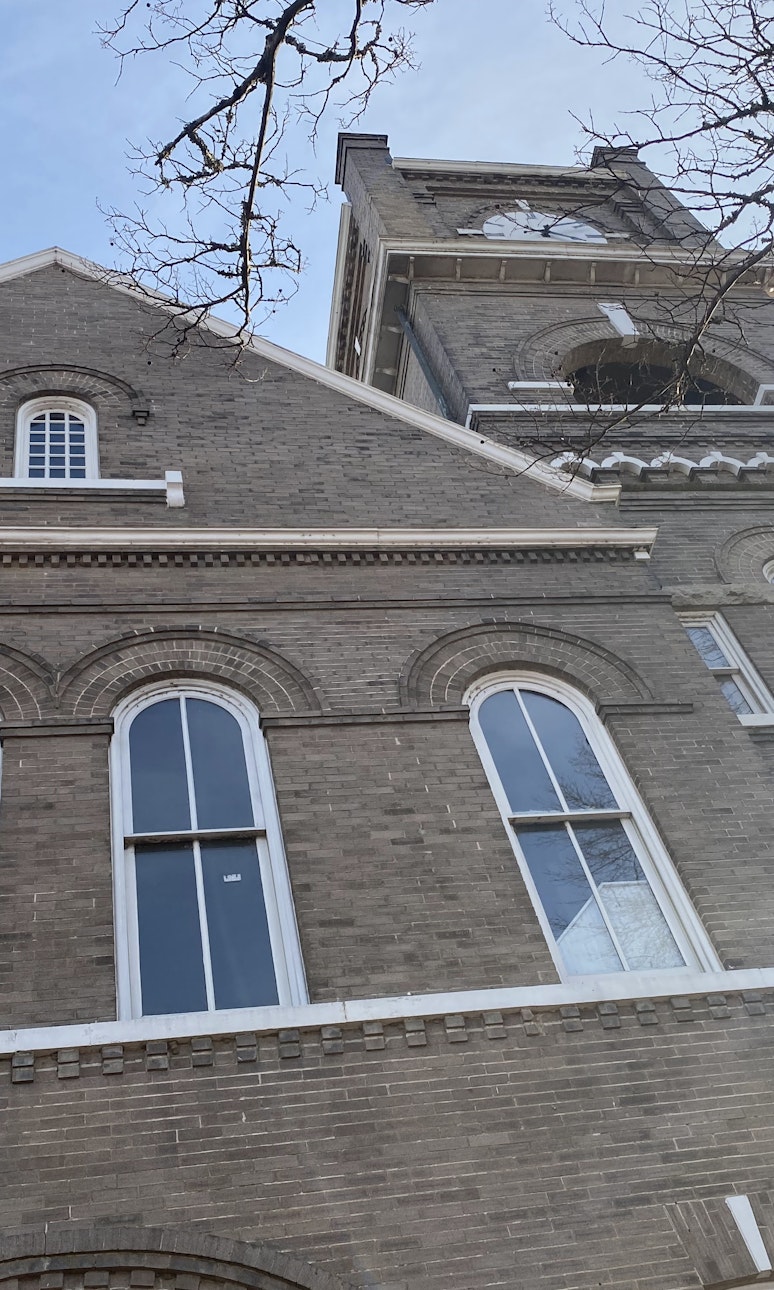
African American History & Culture
-
Reflecting Our PastAn understanding of the comprehensive and multi-faceted story of our country's history requires learning and honoring the roles and contributions of African Americans within this country. From Africans that were enslaved and brought to the U.S. over 400 years ago, to the inspiring African American leaders of today, our national parks preserve and share important stories.
-
Inspiring the FutureThere are over 400 parks in the National Park System, which allows us to better incorporate African American history, culture, and contributions. The National Park System offers a unique lens, reflecting the diversity that has come to define American history and culture.
-
NPF's CommitmentBy supporting dynamic educational programs, professional development opportunities, the rehabilitation of historic sites, and the preservation – both physically and digitally – of irreplaceable artifacts and places, the National Park Foundation and its partners are dedicated to increasing access to places, cultural resources, and stories that help all people gain a deeper understanding of the contributions of African Americans.
African American History & Our Parks
Historically, stories about Black heritage, culture, and community have been missing or excluded from the American story. A growing number of national park sites are now preserving and elevating these stories. African American history and culture is highlighted at Dr. Carter G. Woodson's historic home office in Washington, D.C., Nicodemus, a Reconstruction-era Kansas town, and the Robert E. Lee Memorial, where freed and enslaved African Americans established a community on the same land in which they were enslaved. New Bedford Whaling National Historical Park outside of Boston, which tells the story of America’s whaling industry, also shares the life of a young Frederick Douglass, who worked on the city’s wharves. And Jean Lafitte National Historical Park & Preserve, which preserves Louisiana’s history, culture, and communities, shares the story of Ruby Nell Bridges Hall, the first African American child to desegregate William Frantz Elementary School at just six years old. African American stories are entwined in the past and present histories of the over 400 national parks across the country.
